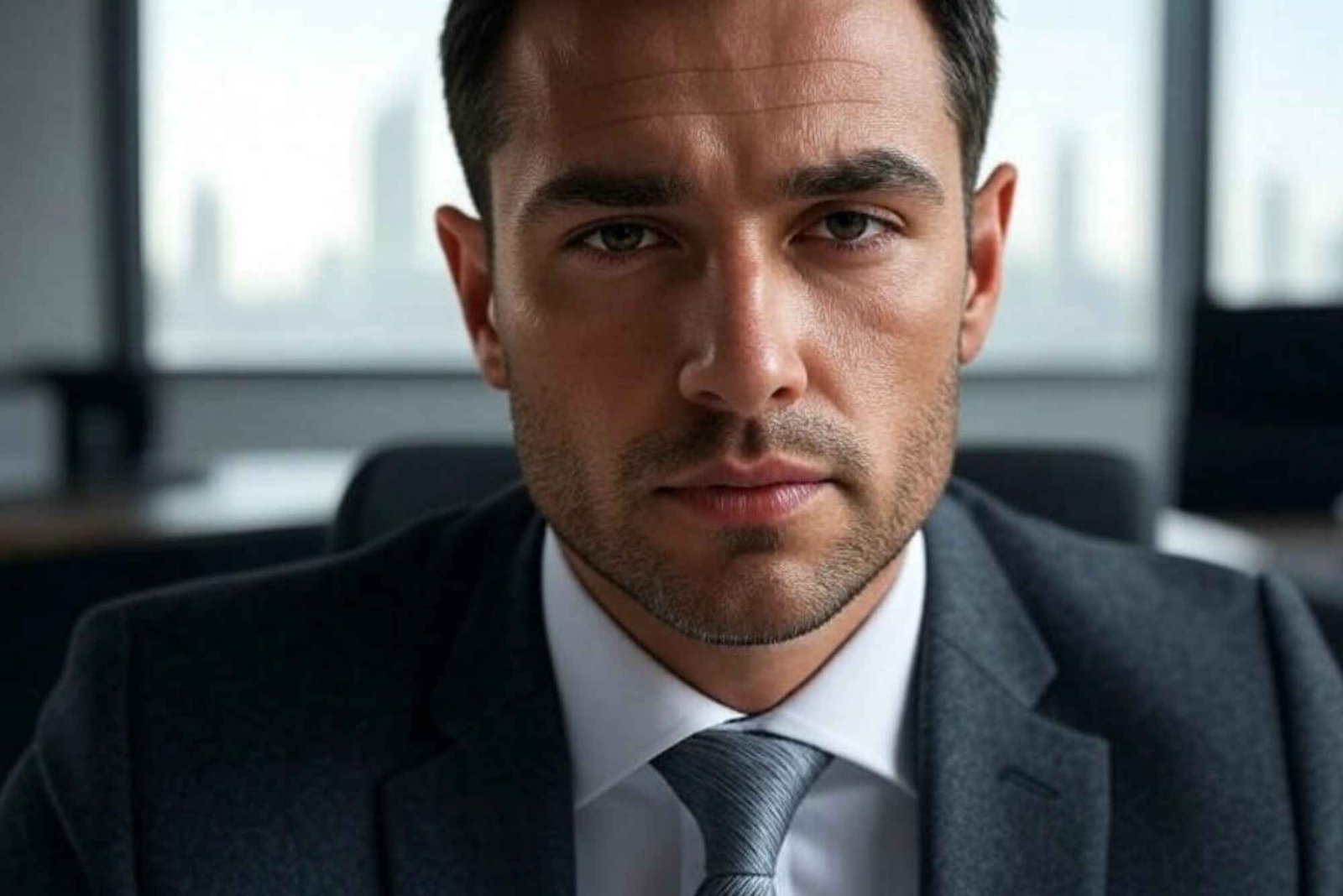The legal system in the United Arab Emirates (UAE), particularly in Dubai, is a complex and meticulously structured blend of civil and Sharia law. In such a multifaceted environment, understanding the nature of criminal cases and the role of legal professionals is essential—especially for expatriates, corporate employees, and residents alike. Criminal proceedings in Dubai can have significant consequences for individuals and organizations, underscoring the importance of being well-informed. One of the most frequently asked questions by those unfamiliar with the UAE legal system is: What types of cases do criminal lawyers in Dubai handle most often?
Understanding the most common criminal cases not only provides clarity but also highlights the importance of legal compliance and representation. This article delves into the most prevalent types of cases managed by legal professionals in Dubai’s criminal courts, offering insights relevant to both individuals and corporate stakeholders.
Understanding Criminal Law in Dubai
Dubai’s criminal law framework operates under the UAE Federal Penal Code, which outlines various offenses and their corresponding penalties. While Islamic law influences certain areas—especially those related to morality and personal conduct—the legal system adheres primarily to codified statutes. Criminal cases are prosecuted by the Public Prosecution Office and adjudicated in criminal courts. Given the cultural, legal, and societal norms in the UAE, what may be considered minor elsewhere can carry serious implications in Dubai. Hence, the role of experienced legal counsel becomes indispensable.
-
Financial Crimes and White-Collar Offenses
Among the most frequently encountered cases are those involving financial misconduct. White-collar crimes such as fraud, embezzlement, breach of trust, money laundering, and forgery are vigorously prosecuted in Dubai. The city’s status as a global financial hub demands high levels of accountability and transparency. Professionals in the banking, real estate, and corporate sectors are especially vulnerable to legal scrutiny in these areas.
Fraudulent activities can range from submitting falsified documents to obtaining funds under false pretenses. Embezzlement often occurs within employer-employee dynamics, especially when internal financial controls are circumvented. Money laundering cases are increasingly complex, sometimes involving international transactions that draw the attention of regulatory bodies. In such cases, legal professionals must analyze vast quantities of evidence, audit trails, and witness testimony.
-
Drug-Related Offenses
Dubai enforces strict anti-drug laws. Possession, trafficking, consumption, and distribution of narcotics are among the most serious criminal offenses. Even the possession of trace amounts of banned substances can lead to harsh penalties, including imprisonment and deportation.
The zero-tolerance policy extends beyond illegal drugs to include some prescription medications that are controlled under UAE law. Travelers and residents alike must be cautious about medications they bring into the country. Legal professionals handling these cases often focus on scrutinizing the intent, quantity, and origin of the substance, as well as the circumstances surrounding the arrest.
-
Cybercrimes and Digital Offenses
With the widespread use of digital technology and social media, cybercrimes have emerged as a prominent category in criminal law. Cases involving online defamation, identity theft, unauthorized access to computer systems, financial scams, and distribution of illegal content fall under this domain.
The UAE’s Cybercrime Law is comprehensive and frequently updated to address emerging threats. Legal representatives in these cases must stay abreast of technological advancements and collaborate with cyber forensic experts. Since online activity often leaves digital footprints, evidence gathering becomes a crucial component of building a defense or prosecution.
-
Assault and Physical Harm
Cases involving physical altercations, bodily harm, or assault are also commonly handled by criminal lawyers. These offenses can occur in both public and private settings, including workplaces, roads, and residential areas. The severity of the offense is typically judged based on the extent of the injury, the use of weapons, and the intent behind the action.
In Dubai, self-defense claims require substantial proof, and mere provocation is not always considered a mitigating factor. Lawyers in such cases work to present medical records, eyewitness testimonies, and surveillance footage to establish context and liability.
-
Moral and Public Decency Violations
Criminal offenses in Dubai also include acts that violate public morality and decency. These may include indecent behavior, cohabitation outside of marriage (though recent reforms have relaxed some regulations), consumption of alcohol without a license, and inappropriate content shared online.
Such cases often involve both expatriates and locals, highlighting the cultural sensitivity embedded in the legal framework. While ignorance of the law is not accepted as a defense, legal professionals often work to demonstrate the absence of malicious intent, particularly in cases involving expatriates unfamiliar with local customs.
-
Theft, Burglary, and Property Crimes
Property crimes such as theft, burglary, and vandalism constitute a significant portion of criminal cases. These offenses vary in seriousness based on factors such as the value of stolen items, whether force was used, and whether the offense was committed by an individual or as part of a group.
Security footage, fingerprints, and witness accounts are commonly used forms of evidence in these cases. Legal professionals focus on determining the chain of events, verifying alibis, and challenging or validating forensic findings.
-
Sexual Offenses
Sexual misconduct is treated with utmost severity in Dubai, with offenses including sexual harassment, assault, and exploitation subject to strict penalties. Even consensual acts can be criminalized if they occur outside the boundaries set by law. These cases are often sensitive, requiring careful navigation of privacy laws, cultural norms, and evidentiary standards.
Legal representation is critical in these matters, especially given the social implications and potential for reputational damage. Cases often hinge on testimonial evidence, medical reports, and the credibility of the parties involved.
-
Defamation and Slander
Contrary to common law systems where defamation may be a civil matter, in Dubai it is often treated as a criminal offense. Publicly damaging someone’s reputation, whether through spoken word, written content, or online platforms, can result in fines, imprisonment, or deportation.
Social media has made these offenses more prevalent, with individuals sometimes unaware that sharing or commenting on defamatory content can also result in prosecution. Legal strategies in such cases typically involve establishing the falsity of the claim and the intent behind its dissemination.
-
Alcohol-Related Offenses
Though alcohol consumption is permitted in designated areas and for licensed individuals, offenses related to alcohol continue to appear frequently in criminal courts. These may include driving under the influence, disorderly conduct in public, or possession without a license.
Laws in this area have evolved in recent years, especially concerning expatriates. However, legal limits for blood alcohol concentration are strictly enforced, and violations can lead to imprisonment, fines, or deportation. Legal professionals typically challenge procedural issues, such as the lawfulness of the arrest or the accuracy of testing methods.
-
Immigration and Residency Violations
Lastly, immigration-related offenses also fall within the purview of criminal courts. Overstaying a visa, using forged documents for residency, or employing individuals without proper permits can all result in criminal charges. These cases are particularly relevant to domestic workers, small business owners, and labor-intensive industries.
Legal proceedings often involve administrative and criminal dimensions. Defendants may face fines, bans, or deportation, making it imperative to have experienced legal guidance to navigate overlapping legal systems.
Dubai’s legal landscape is robust and continues to evolve in response to global trends and local priorities. From financial crimes to cyber offenses and public morality issues, the range of criminal cases is broad and complex. Navigating these legal challenges requires not only a deep understanding of UAE law but also a culturally informed approach that takes into account the diverse population residing and working in the emirate.
For anyone facing legal challenges or seeking to understand the criminal justice system, the expertise of criminal lawyers in Dubai is crucial. These professionals bring a wealth of knowledge and experience, ensuring that the legal process is navigated effectively, ethically, and in full accordance with the law. Whether representing individuals or corporations, criminal lawyers in Dubai play a pivotal role in upholding justice and protecting the rights of all parties involved.



